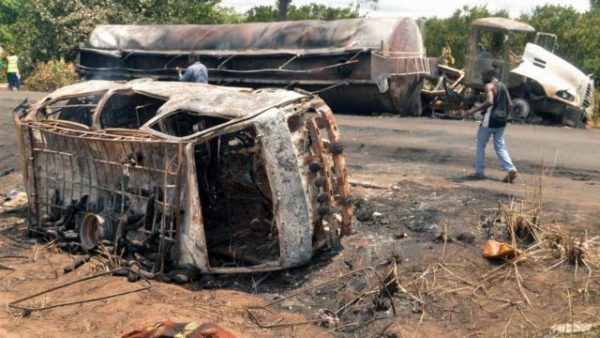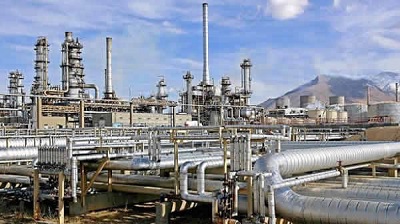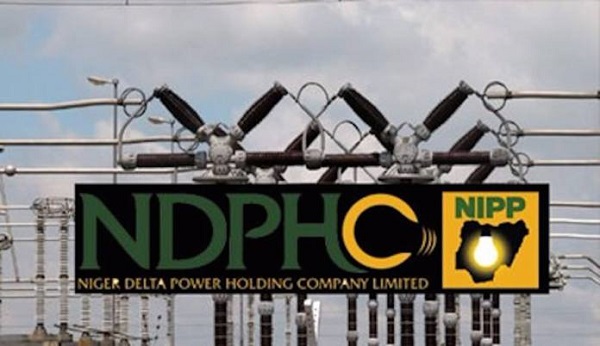DPR blames high tanker incidents on poor haulage system, pipeline vandalism
Shakur, who was represented by the Deputy Director, Basinal Assessment/Lease Agreement, DPR, Sabi Hassan, at its yearly meeting in Lagos, said, aside from the alarming rate of petroleum tanker incidents, a number of traffic gridlock in Lagos are attributable to the transportation system of white products by road.
According to him, land transportation is the most widely used to move petroleum products, because of the challenge posed by the over 4000km network of pipelines in the country.
He reiterated that the Department is taking proactive steps to find lasting solutions to the challenge of safe and efficient road distribution of petroleum products by engaging the Lagos State Government on the need to improve the condition of roads.
He added that the industry regulatory is also liaising with relevant government agencies on solutions, including scheduling of tanker movements, provision of fast and efficient towing services, and moderating operators and host communities relationship at some depots.
He said the Department is also looking forward to ensuring that only trucks good integrity and tacking system with tanker roll-over protection systems are deployed for petroleum haulage on the roads.
The Zonal Operations Controller, Lagos, Wole Akinyosoye, said there has been a surge in petroleum tanker incidents in recent times, leading to degree of losses, stressing that the present carnage from road haulage of petroleum products in the country is growing at a very alarming rate.
He said this year’s theme tagged ‘Ensuring a safe petroleum products transportation system” was deliberately chosen to focus on how to ensure a safe petroleum products transportation system in the oil and gas sector.
“Specifically, we aim to discuss and proffer solutions to ameliorate, reduce and eliminate frequent truck overturns and accidents and the impacts on lives and property,” he said.
The Sector Commander, Federal Road Safety Corps (FRSC), Technological Innovations in Road Traffic and Incidents Management Hyginus Omeje, in his keynote address, said most of the trucks transporting petroleum products are old and not road worthy.
Citing available statistics, he said in the first week of June 2015, the rate of Road Traffic Crashes (RTC) of trucks and trailers was projected to cause 384 cases with fatalities.
He noted that the rate of RTCs recorded in 2019 is already surpassing the 302 recorded in 2018; saying: “We have not reached the end of the year, but have seen the rate surpassing that of last year. It is now happening on a daily basis and almost gravitating hourly.”
He recommended that the way out is a safe approach to road safety management that aligns with road safety management ethical, social and environmental goals.









